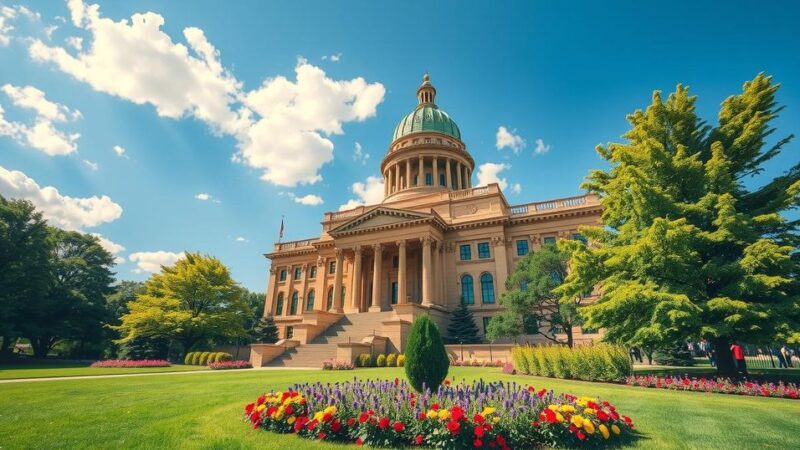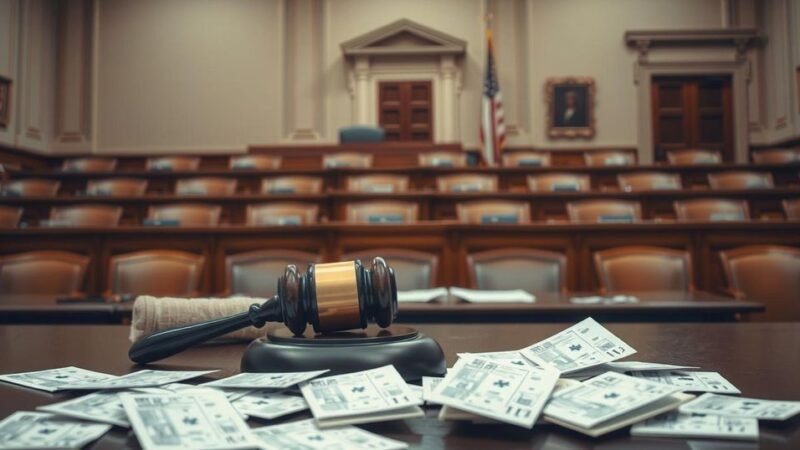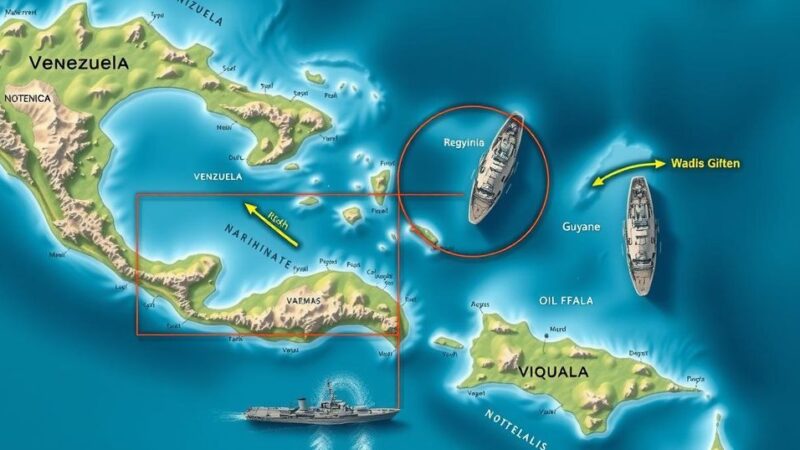Lawyers for former Philippines President Rodrigo Duterte have filed a petition for his return to Manila after he was flown to The Hague to face ICC charges related to his deadly anti-drug campaign. Activists and victims expressed joy over the unprecedented arrest, emphasizing the need for justice. The case raises significant questions about international jurisdiction and the future of accountability for human rights abuses.
Lawyers representing former Philippines President Rodrigo Duterte have formally requested his return to Manila via a petition filed with the Supreme Court. This request follows his transfer to The Hague, where he faces charges of crimes against humanity related to his administration’s controversial anti-drug campaign, which reportedly led to the deaths of as many as 30,000 individuals. Victims of this crackdown have expressed joy at the unfolding events.
Duterte was flown to The Hague on a flight expected to arrive at 10:59 local time. Accompanying him in Amsterdam for legal preparations is his eldest daughter, Sara Duterte, who currently serves as the vice president of the Philippines. The petition submitted by his legal team claims that the Philippine government has effectively engaged in “kidnapping,” and insists on his safe return.
Human Rights Watch’s senior researcher Carlos Conde described the arrest as historic and unprecedented, not just for the Philippines, but for Southeast Asia. He emphasized that victims have shown renewed optimism in seeking justice through the International Criminal Court (ICC), as confidence in the domestic justice system has waned due to perceived failures in addressing their grievances.
An ICC spokesperson confirmed the warrant for Duterte’s arrest and indicated that an initial court appearance will be arranged during his custody in The Hague. While the specifics regarding the timeline for a trial remain uncertain, advocates are calling for a prompt commencement of proceedings.
The National Union of Peoples’ Lawyers, which advocates for victims’ families, expressed that the collective pain of loss among victims has been transformed into hope and joy as a result of Duterte’s arrest. They likened this moment to a David versus Goliath victory. Sympathy has also been extended by Brother Jun Santiago, who operates Silingan Coffee, a cafe that memorializes victims’ stories and provides employment opportunities for affected families.
Duterte’s arrest has been met with widespread acclaim from human rights organizations, including the Philippine rights alliance Karapatan, which labeled the event as “long overdue.” Supporters of the former president argue that the ICC lacks jurisdiction since the Philippines withdrew from the Rome Statute in 2019; however, the ICC has stated it retains authority over crimes committed prior to this withdrawal.
Philippine President Ferdinand Marcos acknowledged that the arrest occurred at the ICC’s request and expressed certainty that proper legal protocols were followed. He emphasized that the Philippines did not provide assistance to the ICC, and confirmed that the arrest complied with Interpol procedures.
In conclusion, the demands by Rodrigo Duterte’s legal team for his return to the Philippines reflect significant developments in the realm of international human rights law. The unfolding situation at The Hague has sparked feelings of hope among victims of his administration’s violent policies, igniting crucial discussions about accountability. As legal proceedings advance, the implications of this case may resonate not only within the Philippines but throughout Southeast Asia and beyond.
Original Source: www.theguardian.com






